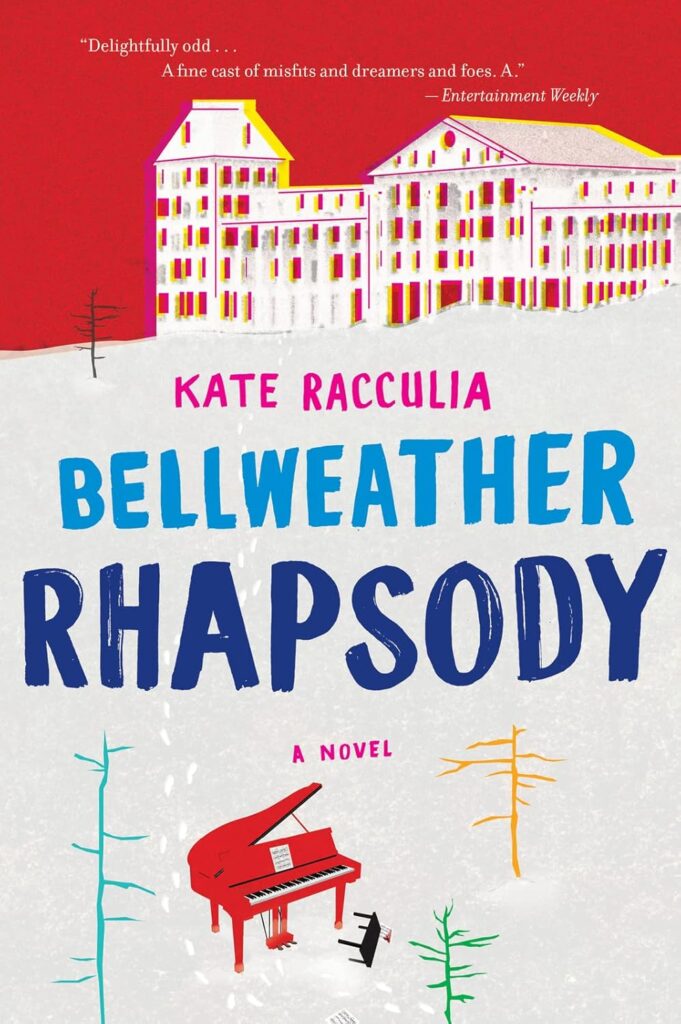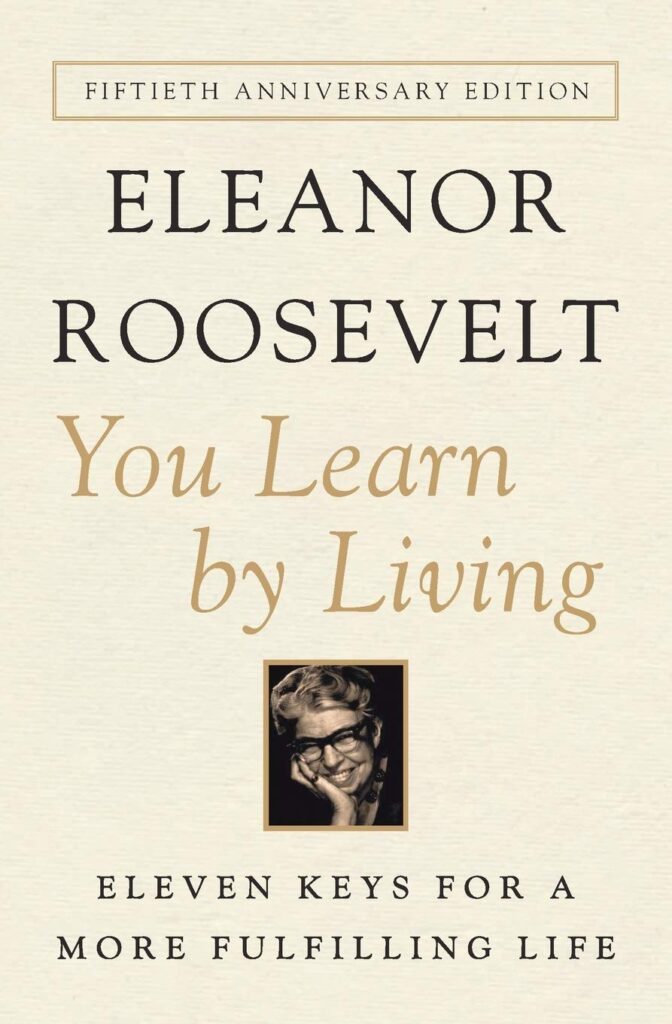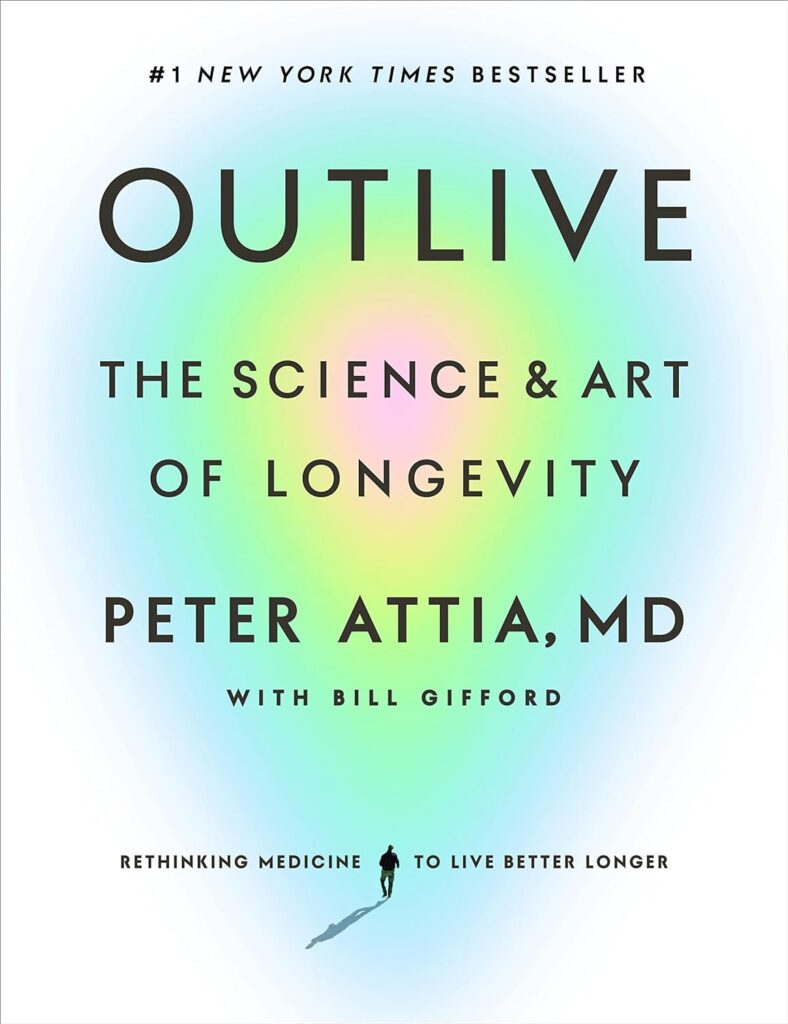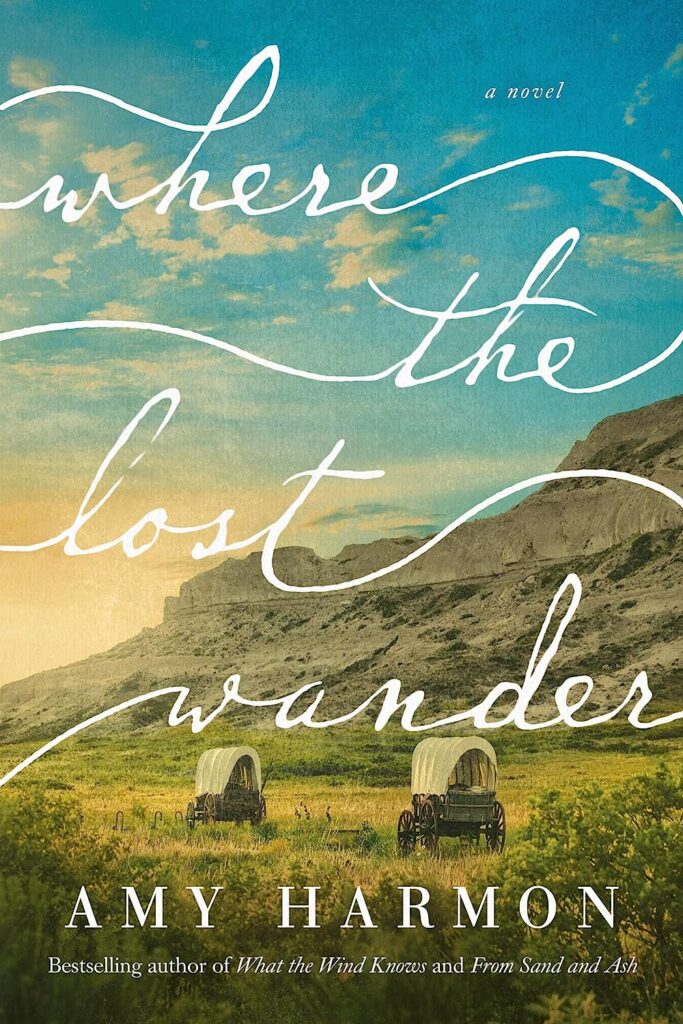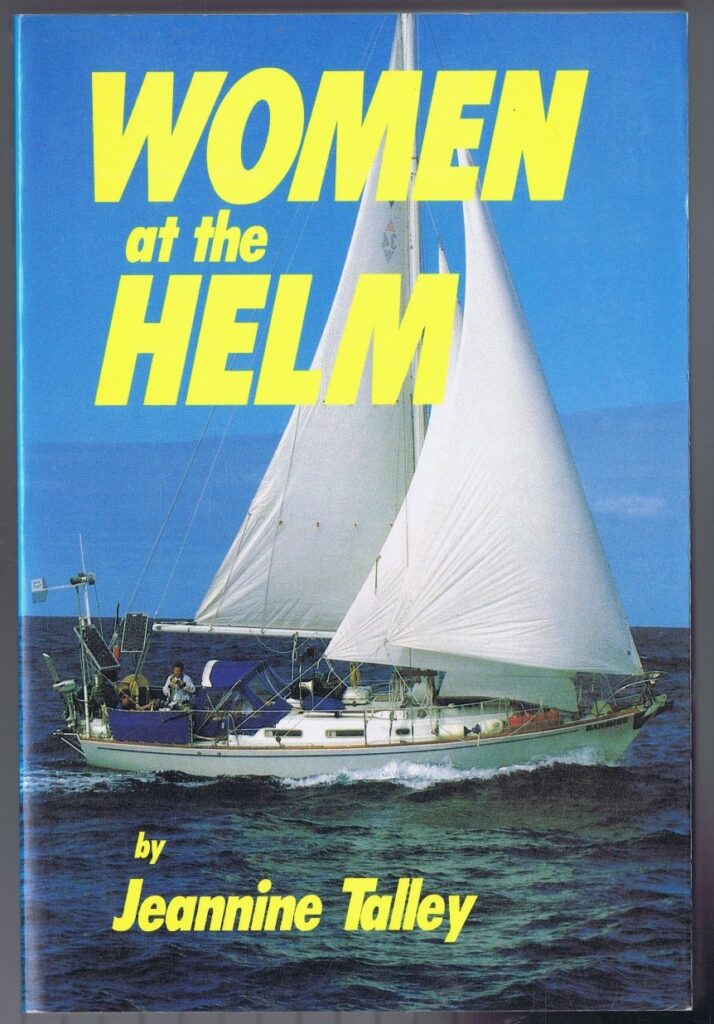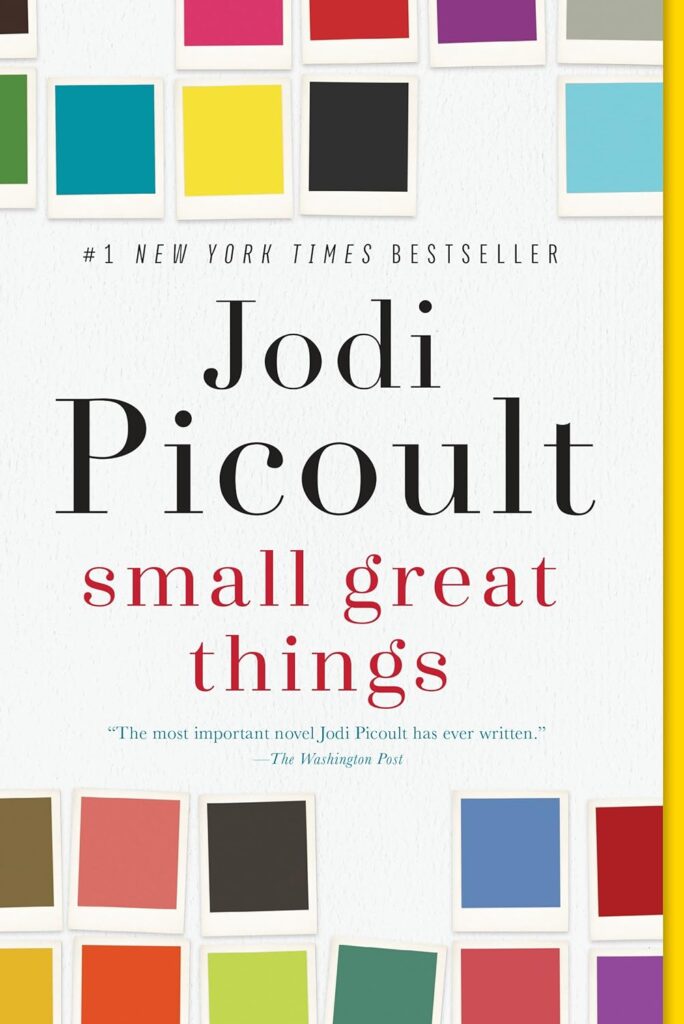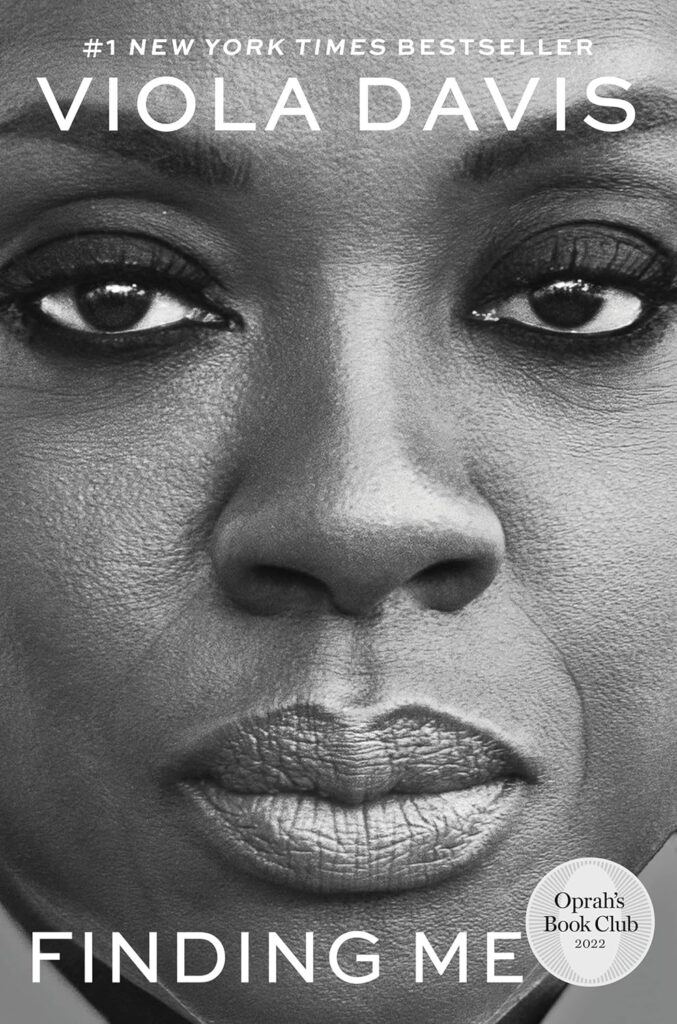Shattered Peace: A Century of Silence, by Julie McDonald Zander, is a riveting novel inspired by true events. The story mostly takes place in Centralia, Washington and toggles in time between 1919 and 2019.
In 2019 Colleen Holmes is still suffering from her tour of duty in Iraq as a Navy Seabee, and her exposure to violent death, carnage and destruction. She refuses to get professional help and, in fact, broke up with her fiancé because he kept nagging her to do so. Colleen is in the process of moving into a house she inherited from her grandmother, an older home that at one time belonged to Colleen’s great-great-grandfather. While in the process of remodeling, she finds letters and diaries dating back to 1919.
Michael Dillion, 22, is a WWI veteran fighting in France, 1918. The story describes much of the horrors of war Michael experiences. He dreams of Bridget, the love of his life, and returning to his hometown, Centralia, Washington. However, when he returns home, Bridget finds him distant, not the warm friendly man she once knew and loved.
In 1919, Centralia is divided by labor disputes. On November 11, 1919, during a parade celebrating the first anniversary of Armistice Day, a conflict between the American Legion and Industrial Workers of the World, known as Wobblies, erupted resulting in six deaths, including a lynching. Michael finds himself involved in the injustice he sees, and, unfortunately, Bridget witnesses and is horrified by his involvement in the bitter dispute.
Shattered Peace is a well-written novel based on actual history. The author does a good job alternating between modern day and historical events, describing striking similarities in attitudes of a century ago and modern times. In the beginning of the novel, the author lists both fictional and actual historic characters, a page to which I often referred. The author vividly describes the events of The Centralia Tragedy, also known as the Centralia Conspiracy and the Armistice Day Riot. Historians will find this novel of interest, and also those interested in the results of conflict, whether it be domestic or foreign. I’ve lived in Washington most of my life, and although I had heard of the labor dispute in Centralia, I’d never known the details. I’m thankful to have an opportunity to learn more about this conflict.



